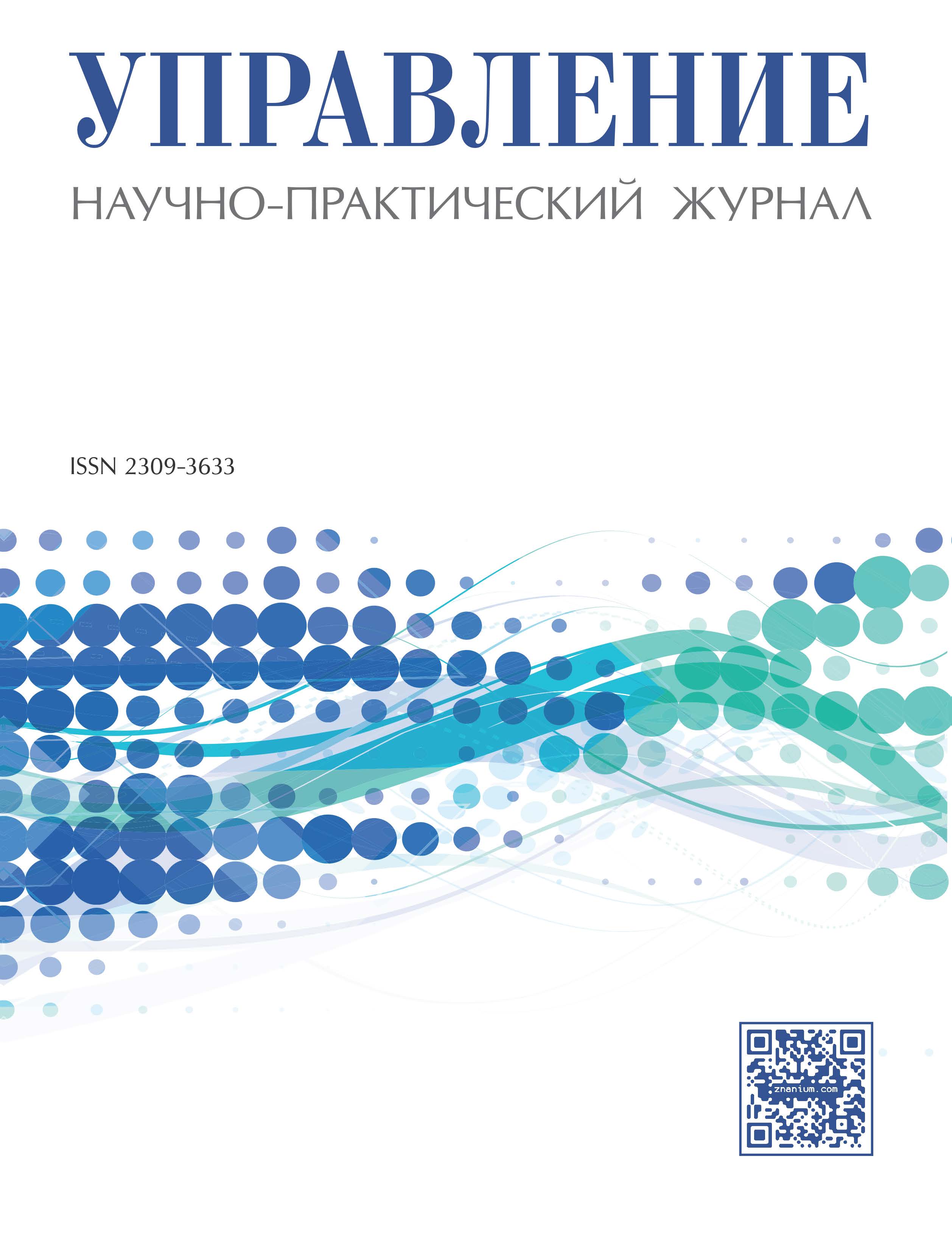Multinational teams are the teams consisting of representatives from diverse cultural traditions. Evolution of these global teams can be used as competitive advantage allowing making of new and effective business solutions. With expanding of world markets and international business competition increasing comes a corresponding demand for organizations and individuals which are ready to word in this new area of global trade. Evolution of the global teams provides strategies and ideas to take leading positions. Global organizations must manage cultural diversity to create synergies both within the company and between the company and its external environment. Competence to direct the multicultural/multinational team is very important for a truly global company.
multinational teams, global teams, diverse culture, international business, global organizations, synergies.
INTRODUCTION
Multinational teams have become the central cogwheels that put global organizations in top gear for competition in a global economy. Companies depend on multi-cultural teams to leverage and align globally the functional business processes to accomplish tasks across international boundaries. Organizations field such teams at the board level, as teams reporting to the board; mission-critical merger-integration teams; product-development and clinical-development teams, which focus on both problemsolving and learning; and multi-cultural teams from various functions responsible for the global alignment of functional business processes.
1. Dahl, S (2000) Communications and Culture Transformation: Cultural Diversity, Globalization and Cultural Convergence, London.
2. Debra L. Shapiro & et.al. (2005), Managing multinational teams: global perspectives, Elsevier Ltd.
3. Designing a global organization (2001) Dec, The Hindu.
4. http://www.kwintessential.co.uk/cross-cultural/training.html
5. Nancy J. Adler, Allison Gundersen (2008) International Dimensions of Organizational Behavior, Cengage Learning.
6. P. Christopher Earley, Cristina B. Gibson, (2002) Multinational work teams: a new perspective, Routledge.
7. Ray French (2010), Cross Cultural Management in Work Organizations, Chartered Institute of Personnel & Development.
8. Reich Robert B. (1991), The Work of Nations: Preparing Ourselves for 21st Century Capitalism. New York.
9. Rhinesmith Stephen H. (1996), A Manager’s Guide to Globalization: Six Skills for Success in a Changing World. Chicago.
10. Sherman Arthur W., Jr. & Bohlander George W. (1992) Managing Human Resources. Cincinnati: South-Western.







